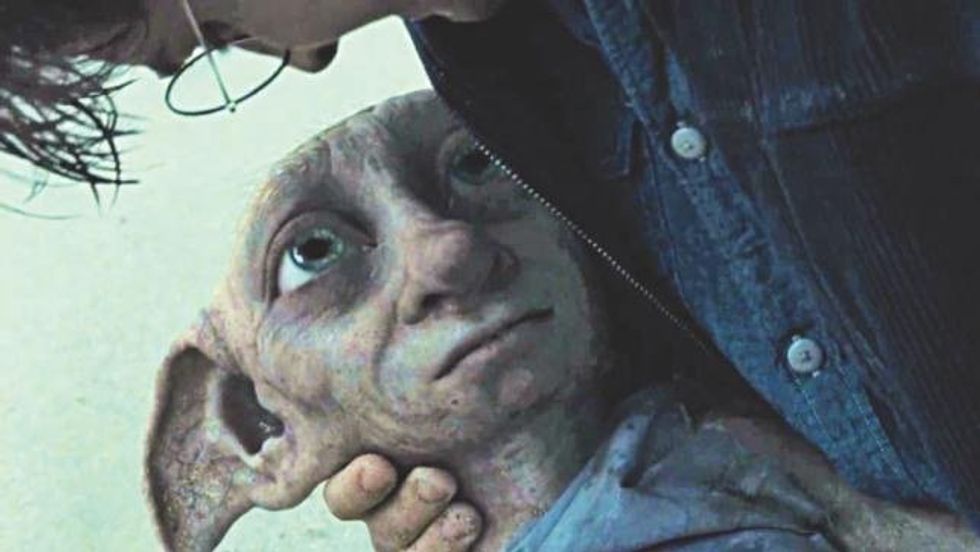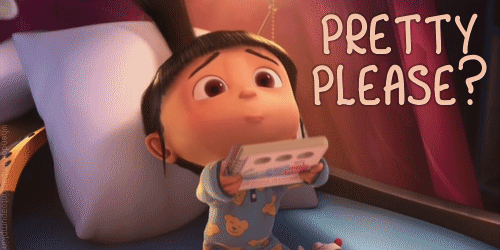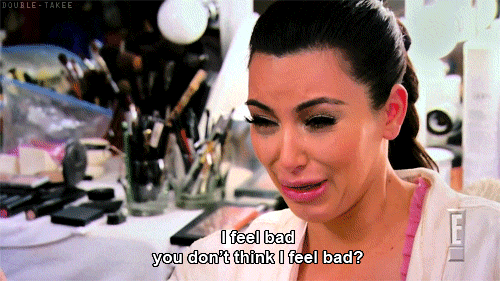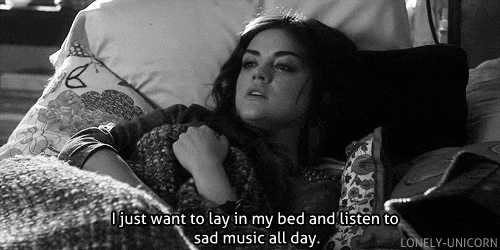You laugh at them. You relate to them. You grow up with them. You root for them. You love them, or you love to hate them. And then, you grieve for them. From forever fans of Harry Potter to avid followers of Game of Thrones and everything in between, you can expect at some point you’ll like a character who the writers decide would better contribute to the plot if they were dead. It’s when that character is your favorite character that you may find yourself going through the seven stages of fictional character grief.
1. Shock or Disbelief
It doesn’t feel real. This character that you’ve followed for several seasons or loved over the whole series is just…gone? You rewind the episode a bit to make sure it really happened. You re-read the last few pages to make sure you didn’t misunderstand. You may find yourself staring blankly ahead, trying to process the fact that your favorite character’s time in the story is over.
2. Denial
You’re not processing it, because no, they aren’t really gone. You surely read that paragraph wrong, the author only meant it metaphorically. It’s just a joke. It’s a plot device meant to trick you; you know they’ll come back in the next episode, unharmed and still ready to make you laugh. When a friend asks how you feel about it, you reply with just “I’m fine.” Because you are. Because there is no way they’d actually kill off the best character. No way.
3. Anger
To many, this may come as the initial reaction. At the first instance you realize they are gone, the laptop is slammed closed, Netflix still running on the screen. The book is flung across the room, striking the wall as it crumples to the floor. You may begin composing an angry letter/email/tweet to the author, or you may find yourself venting to anyone who will listen about the “horrible, evil writers of the show.” You vow to never watch another episode again, in protest. (We all know this is a lie.)
4. Bargaining
Why did it have to be your favorite character? Why couldn’t it have been the whiny protagonist, who nobody really likes anyway? Why not the evil guy always causing trouble? It should have been one of them, not your quirky, fun, lovable sidekick who always deserved more time in the spotlight. Maybe if you get enough people to support, you can convince the writers to bring them back. Maybe you can get the author to have another character be sacrificed in their place. Whatever it takes, you will do it.
5. Guilt
You think back on all the scenes where you should’ve appreciated just how important your character was to the story. You think on all the times where you might’ve laughed harder at their jokes, cried a little more for their struggles. You didn’t even realize they were your favorite till nearly the end. You needed more time! But time seems to be a precious commodity that your favorite character didn’t get enough of. If only you had loved them more early on, maybe it would be easier to let them go.
6. Depression
You won’t talk about it. You find it hard to keep reading. You can’t bring yourself to watch another episode. Instead, you lay in bed and stare at the wall. There is no hope now for the story, now that your sweet fictional character is gone. There is no reason for you to live for the day new episodes are added online or to run to the bookstore to grab the next sequel. There’s no reason for any of it anymore.
7. Acceptance
Ultimately, you find yourself letting go. You know that they served their ultimate purpose in the plot, and their death was absolutely necessary to the progression of the story. You loved them and lost them, but you’d rather loved and lost then never had the chance to love them at all. You watch the next episode, you read the next chapter, and you keep going, with the knowledge that their death was important, and whatever happens next is all thanks to them. Who knows? You might even be able to open your heart to a new favorite fictional character.



























